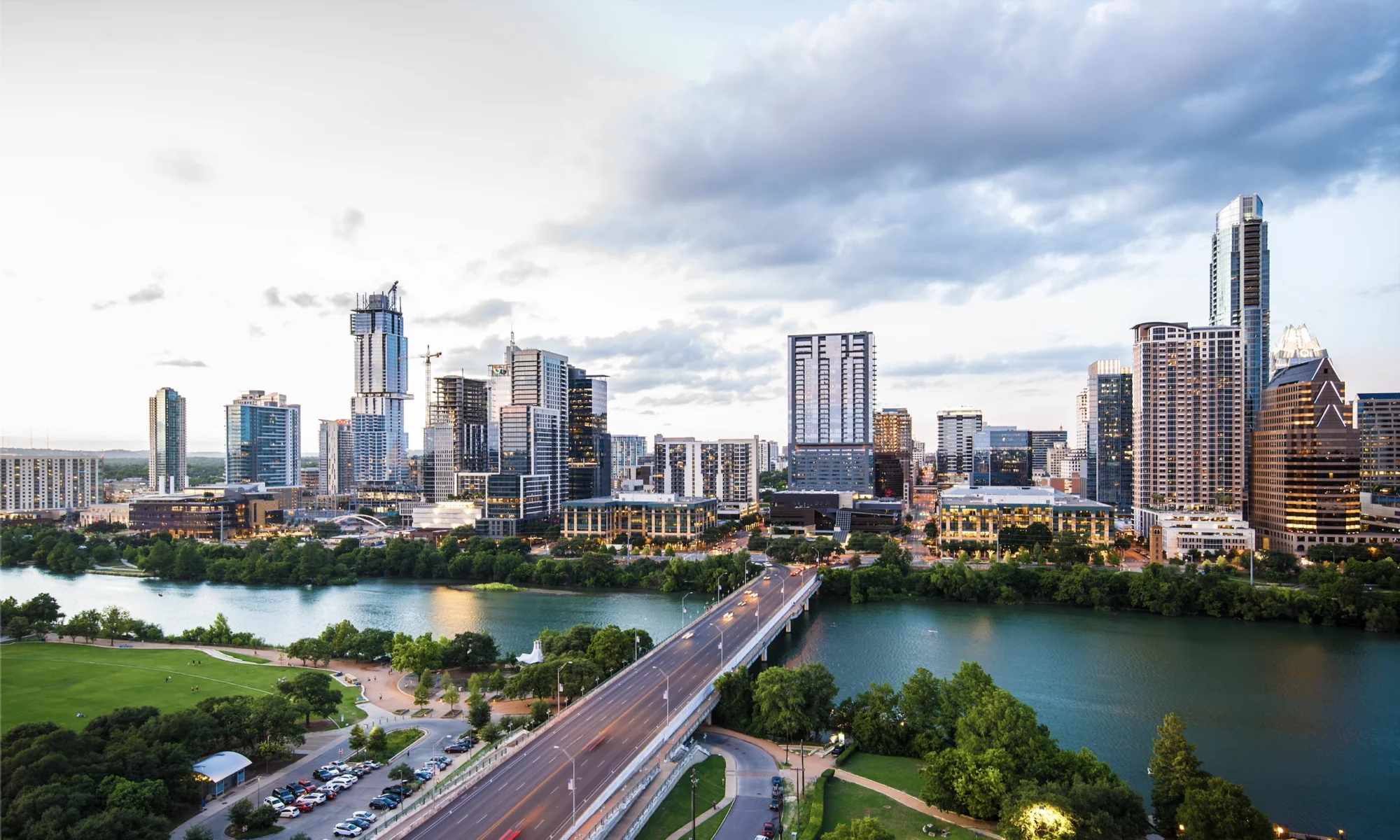AURA believes in an Austin for Everyone, and one of the main ways our city can do that is by finally desegregating our neighborhoods. That will mean that everyone can afford to live in the neighborhood they want to live in, and that the place is designed so that they can. A big part of a place being “your” neighborhood is that it feels like home. That’s why we’re in favor of implementing an Office of Police Oversight in Austin as quickly as possible. The Office should ensure that information about critical incidents or policy violations be released to the public so that public confidence in the police and police safety can be improved.
There are many good reasons to support effective police oversight. But AURA, as an organization focused on safer streets and better transit, can speak directly to traffic enforcement. One of the major points of stress in police and community relations is traffic enforcement. Racial bias in police traffic stops has been evident in Austin for years, if not decades. In 2017, 66% of searches resulting from traffic stops were for Hispanic or black drivers, despite making up a relatively smaller proportion of the city overall. AURA also calls for Council to try to reduce the number of traffic stops in Austin by designing our streets to be safe. Narrower lanes, multimodal uses, and streets designed for low speeds means that the police will need to spend less time enforcing traffic violations that can lead to critical incidents.
When streets are designed for safety and for people, rather than automobile convenience, traffic enforcement can be reduced, and police can focus on violent crimes. Stronger police and community relations achieved through a truly independent Office of Police Oversight will allow the city to focus on safety for people, and reduce and eventually eliminate implicit bias in traffic enforcement, among other police issues. Regular, consistent oversight with randomized checks of police activity will build confidence, improve policing, and hopefully be a tool to reduce the impact of implicit bias.
We also support the work of the Untokening, and their Principles of Mobility Justice. In particular, “Mobility Justice demands that ‘safety’ and equitable mobility address not only the construction of our streets but the socioeconomic, cultural, and discriminatory barriers to access and comfort different communities experience within public spaces. We must shift focus from the modes of transit people use to the bodies and identities of the people using those modes by centering the experiences of marginalized individuals and the most vulnerable communities. It acknowledges that safety is different for different people, and should be defined by those most economically and legally vulnerable.” We also particularly agree that “Until many past wrongs and inequities are addressed, pursuit of mobility justice for marginalized communities may involve looking beyond individual choices about transportation modes to deeply related issues like housing instability, job options and over policing.” To tie it all together, “Mobility Justice demands an understanding of the relationship between policing and public space, and rejects law enforcement – increased ticketing, beat cops on bikes, etc – as a solution for street safety.”
Austin must reduce vehicle violence and reduce the number of interactions with police that can potentially lead to escalated incidents with the police. We should plan for and pay for streets designed for safety and equity using tools provided by NACTO and Vision Zero, and the Principles of Mobility Justice. Creating an independent Office of Police Oversight is a critical step in making sure that Austin is for Everyone.
